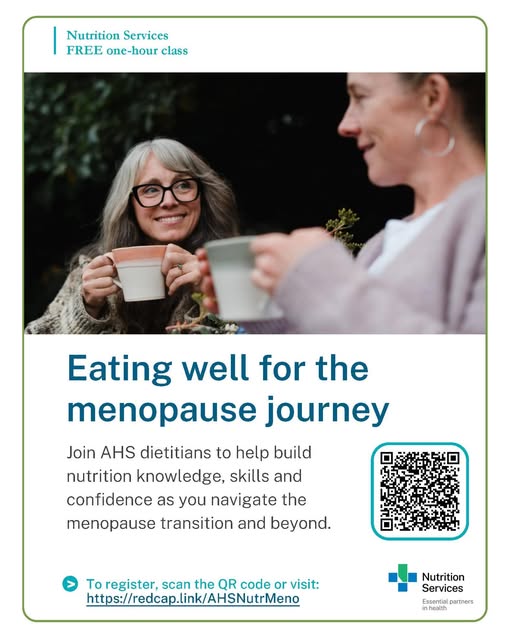The flu vaccine is your best defense against the flu. The flu vaccine is recommended every year in the fall or winter, ideally before the flu season starts.
The flu vaccine protects you by:
• helping prevent serious flu-related complications
• reducing your chances of getting the flu at the same time as other respiratory illnesses, which could make you very sick
• protecting the health care system from becoming overwhelmed during respiratory illness season
Everyone is at risk of influenza. You should get the influenza vaccine if you are 6 months or older.
Influenza can make you very sick and lead to other health problems, especially if:
• You have heart or lung conditions, diabetes, a weak immune system, a lot of extra weight, or other health problems.
• You live in a care facility, like a continuing care home.
• You are under age 5 years.
• You are age 65 years or older.
• You are pregnant.
• You are an Indigenous person.
It is important to get the influenza vaccine each year, especially if:
• You have a high risk of getting very sick from influenza.
• You have close contact with someone who is at high risk of getting very sick from influenza, such as family members and caregivers.
• You provide an essential community service, such as you work in healthcare, education, or public safety.
Where to get the flu vaccine:
Pharmacists can give the influenza vaccine to anyone age 5 years and older.
Public health clinics
The influenza vaccine is available at public health clinics for:
• children younger than age 5 years and their families
• people who have had CAR T-cell therapy
• people who have had a stem cell transplant
• people who have had or will have an organ transplant
Public health clinics are open from mid to late October to the end of March.










